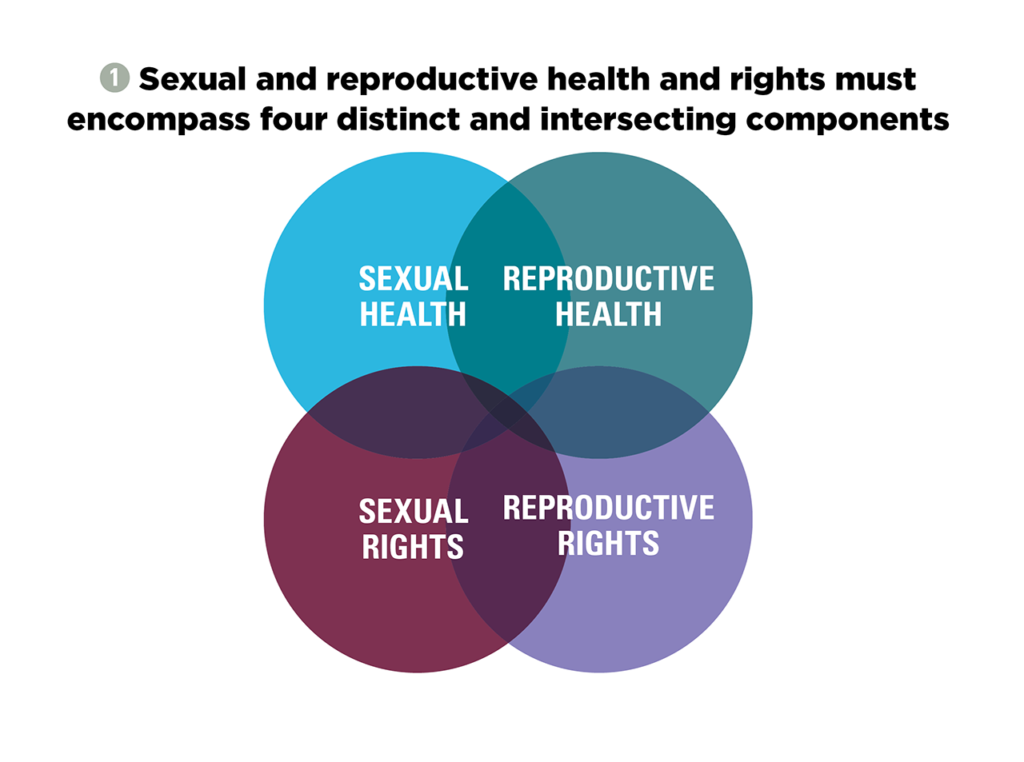
BI shall through this strategic focus areas seek to enhance the quality of life for PWDs and their caregivers by supporting them to meet their healthcare and rehabilitation needs. BI implement its CBID programs in resource-constrained settings jointly with POs/ DPOs and relevant State and Non State Actors. The focus area seeks to address concerns around access to quality healthcare for PWDs; knowledge and awareness of policy makers on PWDs & related health issues; health data; quality specialized rehabilitation services; and degree of inclusionof PWDs within the health services provision system
PWDs live in extreme poverty with limited access to productive resources, assets or opportunities. Further, family members of PWDs spend lots of time providing care, which eats into their productive time. This strategic focus area seeks to contribute to existence of inclusive resilient and equitable communities where PWDs are included and empowered to exercise their full rights. Attention is granted to promoting a conducive environment for livelihood expansion for PWDs and their families; facilitating access to productive resources and opportunities;empowerment or skills enhancement; as well as enhanced participation of PWDs in all relevant social, economic and political processes and or decision making across all levels.In high risk areas our work includes activities around community preparedness for disasters and or emergencies. Under social inclusion we also focus on Child Safeguarding- focusing on preventative actions to ensure that all children are protected from deliberate or unintentional acts that lead to the risk of or actual harm


CWD are often stigmatized, and discriminated upon and experience many barriers to accessing age and disability-appropriate education. Inclusive education seeks to address these challenges by responding to the needs of learners devoid of any discrimination. This pillar seeks to facilitate increased access to inclusive quality education for CWD in line with SDG 4 and Universal Primary Education commitment by the Government of Tanzania. The priority challenges to be addressed under this pillar are low CYWDs’ enrolment; low awareness of parents; limited access to education resource and assessment centers; inadequate numbers of qualified specialized teachers; insufficiency of disability friendly infrastructure, teaching, and learning materials; as well as gaps in education curriculum as far as special education is concerned.

Persons with disabilities have the same sexual and reproductive health and rights (SRHR) needs as other people. Yet they often face barriers to information and services. The ignorance and attitudes of society and individuals, including health-care providers, raise most of these barriers – not the disabilities themselves. That is why BI gives a special focus in this area for PWDs especially youngsters with disabilities.
